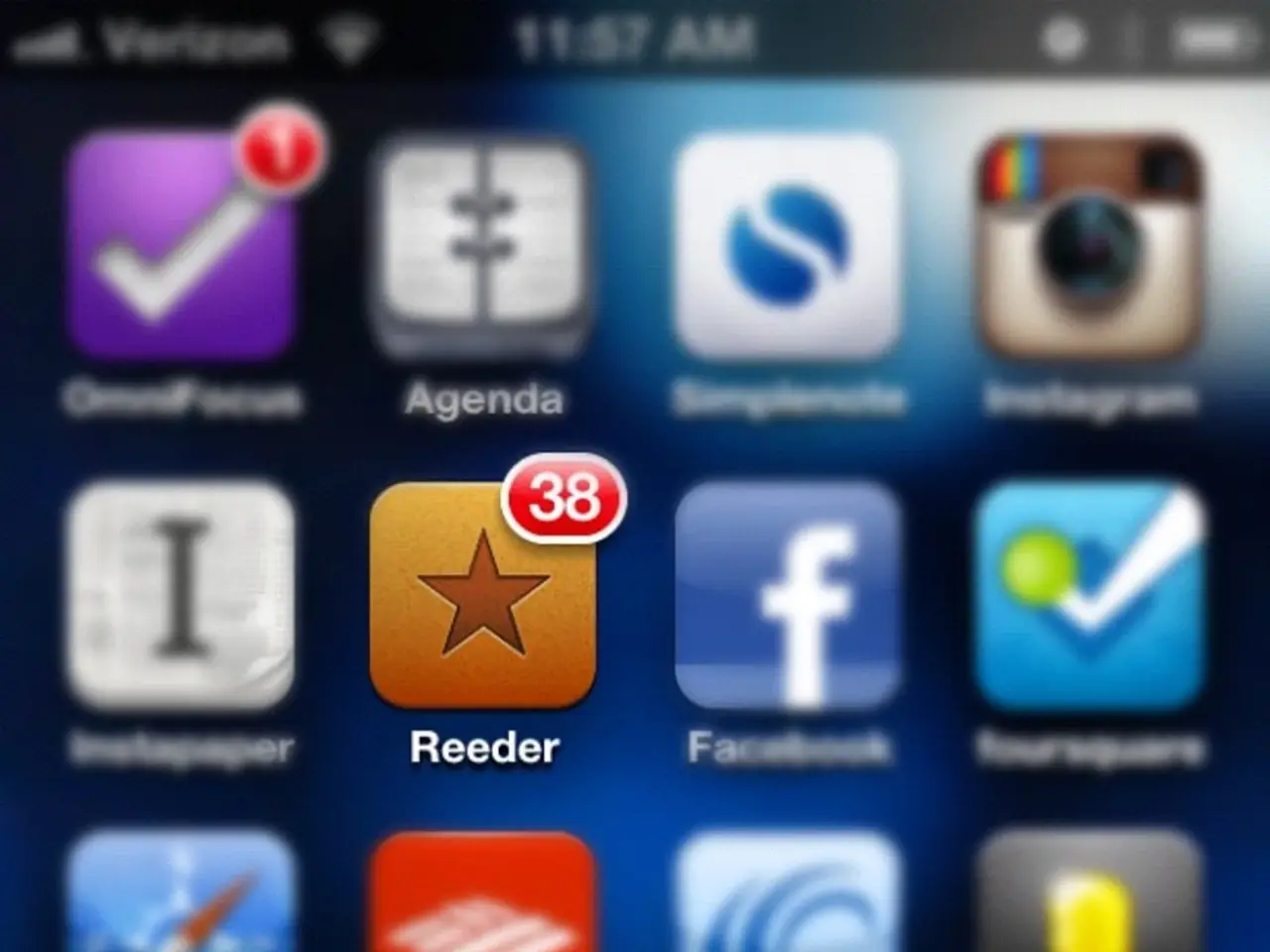Digital reading applications poised to circumvent Google Play's billing system
Simplifying Digital Media Purchases on Android Devices
In a significant development for the e-reading industry, Google is set to alter the buying process for audiobooks, e-books, comics, and newspapers on Android e-reader apps. This change, which is expected to take place in the near future, will make the process easier for the average user.
According to Michael Kozlowski, a veteran writer who has covered audiobooks, e-books, and e-readers for the past eighteen years, this change is a welcome improvement. Kozlowski, who resides in Vancouver, British Columbia, Canada, has noted that the process of buying digital media on Android e-reader apps is set to become more straightforward.
Currently, users have to open their device's browser, visit a platform like Amazon, buy the book, and then sync their purchase with the Kindle app. However, with the new system, the "Get Book" button on Android apps will directly link to the book listing where the purchase can be completed, much like the system on Apple e-reading apps.
This change is a result of Google implementing a system that bypasses Google Play Billing and allows apps to use their own billing system. It remains unclear if all apps will be able to use their own billing system directly on Google Play or if they will have to be redirected, as is the case with Apple.
The recent Google Play Store policy changes will allow developers who sell digital content to use third-party payment systems instead of being required to use Google Play Billing. This means these developers can set their own prices and provide alternative payment options outside of Google’s system, potentially leading to more competitive pricing and varied purchasing methods for consumers.
The key effects of this policy change include:
- No mandatory use of Google Play Billing
- Developers may communicate and link to alternative purchase methods
- No forced revenue sharing related to Play Store billing
- Potential for new third-party app stores on Android
For users, this can translate into more freedom in how they pay for digital content on Android, possibly lower prices or alternative subscription models, and a broader choice of platforms for buying digital content in the longer term. However, these changes are rolling out starting August 2025, with some provisions phased in over the next couple of years.
Despite some uncertainties, it's clear that the change in the buying process for e-books on Android e-reader apps is a significant development that will improve the user experience for many. The Android e-reader apps, such as Amazon Kindle and Barnes and Noble NOOK, do not currently allow users to buy content within the app, making this change a much-needed improvement.
- In this shifting landscape of Android devices, the e-reading industry will witness an alteration in the purchasing process for audiobooks, e-books, comics, and newspapers, making it less complex for users.
- This development stems from Google's implementation of a new system that enables apps to use their own billing system, bypassing Google Play Billing.
- With this change, developers who sell digital content on Android platforms will have the ability to set their own prices and offer alternative payment options, which may lead to more competitive pricing and varied purchasing methods for consumers.
- The implication of these policy changes in the realm of technology could potentially foster the emergence of new third-party app stores on Android, expanding the choices for users.
- As for the broader market, general-news outlets, finance experts, and those in the business of gadgets and politics may find this policy-and-legislation shift a significant talking point, with implications for the overall digital media market and reading apps.




